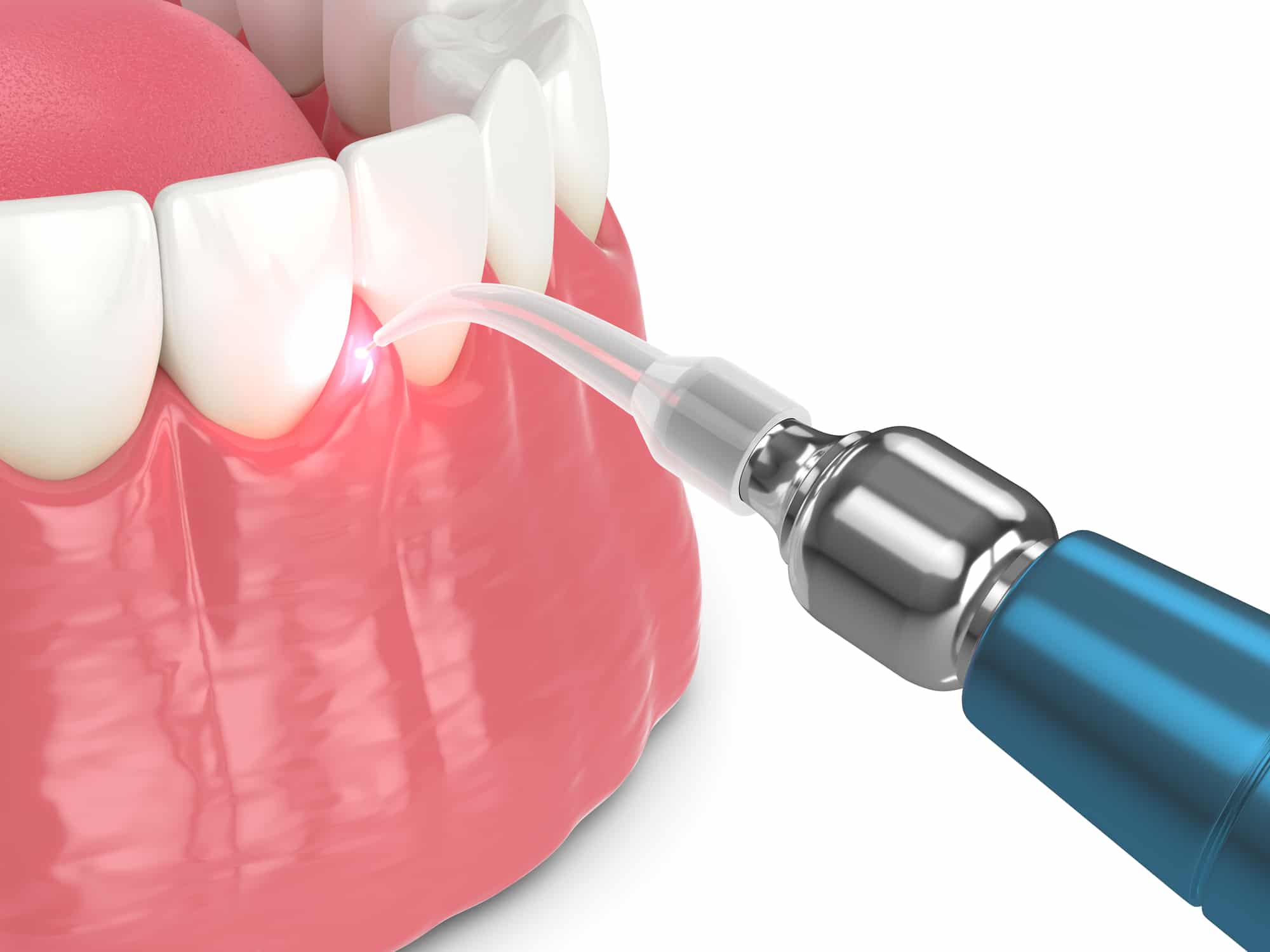What Causes Periodontal Disease
Periodontal Disease Treatment is essential for maintaining oral health, but understanding the causes of periodontal disease can significantly aid in its prevention. Periodontal disease, commonly known as gum disease, is a serious condition that affects the gums and the bones that support your teeth. It’s important to recognize that while poor oral hygiene is a leading cause of periodontal disease, it is not the only factor. Several other causes contribute to the development of this condition.
Lifestyle Factors and Periodontal Disease
One of the most significant lifestyle factors that contribute to periodontal disease is the use of tobacco. Smoking cigarettes or chewing tobacco can severely damage your gums and make it difficult for gum tissue to repair itself, leading to an increased risk of periodontal disease. The harmful chemicals in tobacco products weaken the immune system, making it harder to fight off a gum infection.
Hormonal changes, particularly those that occur during pregnancy, menstruation, or menopause, can also increase the risk of periodontal disease. These hormone shifts can make the gums more sensitive and susceptible to gum disease. Pregnant women, in particular, should be vigilant about their gum health, as untreated periodontal disease has been linked to premature birth and low birth weight.
Nutritional Deficiencies and Health Conditions
A deficiency in essential vitamins, particularly vitamin C, can lead to weakened gums and increased susceptibility to periodontal disease. Vitamin C is crucial for maintaining healthy gums, as it helps repair damaged tissues and supports the immune system. Dehydration is another factor that can exacerbate the risk of periodontal disease. A dry mouth, often caused by dehydration or certain medications, reduces the production of saliva, which is essential for neutralizing acids and washing away food particles and bacteria.
Certain health conditions can also increase the likelihood of developing periodontal disease. For example, individuals with diabetes are at a higher risk due to their body’s reduced ability to fight infections. Moreover, people with a genetic predisposition to gum disease may find themselves more susceptible, even if they practice good oral hygiene.
The Role of Medications and Diet
Some medications can lead to dry mouth, a condition that allows bacteria to thrive in the mouth, increasing the risk of periodontal disease. A diet that is lacking in essential vitamins and minerals, particularly one that is high in carbohydrates and sugars, can also contribute to the development of gum disease. Foods high in sugars and starches feed the bacteria in your mouth, leading to plaque formation and, eventually, periodontal disease.
Individuals with crowded or overlapping teeth are more prone to periodontal disease as it can be difficult to clean between the teeth, allowing plaque to build up in hard-to-reach areas. Additionally, if you have a family history of gum disease, you may be at an increased risk, making regular dental check-ups and Periodontal Disease Treatment crucial for maintaining oral health.
Symptoms of Periodontal Disease
Periodontal disease often begins as gingivitis, which affects roughly 75% of American adults. Gingivitis is characterized by red, swollen gums that may bleed easily during brushing or flossing. While gingivitis is a mild form of gum disease and is reversible with good oral hygiene, if left untreated, it can progress to a more severe form known as periodontitis.
Early Signs of Gum Disease
The early symptoms of periodontal disease can be subtle and often go unnoticed. These include gums that bleed during brushing or flossing, persistent bad breath, and a bad taste in the mouth. As the disease progresses, more noticeable symptoms begin to emerge. The gums may start to recede from the teeth, creating pockets that trap food particles and bacteria. These periodontal pockets can lead to chronic inflammation and infection, causing further damage to the gums and the supporting bone structure.
Advanced Symptoms and Complications
As periodontitis advances, the symptoms become more severe. The gums may become swollen, tender, and more prone to bleeding. You may also experience pain when chewing, tooth sensitivity to hot or cold, and even loosening of the teeth. In severe cases, the infection can destroy the bone that supports your teeth, leading to tooth loss.
Oral bleeding, swollen gums, and bad breath are all indicators that the disease has progressed to a more advanced stage. If you’re experiencing these symptoms, it’s crucial to seek Gum Disease Treatment promptly. Early intervention can prevent tooth loss and other complications related to oral infections. At Advance Dental Care Center, we use state-of-the-art technology and advanced methods to treat periodontal disease, ensuring that our patients receive the best care possible.
Advanced Periodontal Disease Treatment at Advance Dental Care Center
At Advance Dental Care Center in Arlington, VA, we offer several advanced treatments for periodontal disease. Our comprehensive approach ensures that each patient receives a personalized treatment plan tailored to their specific needs.
Laser Dentistry
Laser dentistry is one of the most effective methods for treating periodontal disease. We use lasers to precisely target and remove infected gum tissue while promoting reattachment of the gums to the teeth and jawbone. Laser treatment is minimally invasive, reduces bleeding, and promotes faster healing compared to traditional surgical methods. This advanced technique allows us to treat the disease without the need for incisions, resulting in a more comfortable experience for our patients.
Antibiotics
In some cases, antibiotics are necessary to combat the infection caused by periodontal disease. Dr. Zamani may prescribe strong antibiotics to stop and reverse the spread of infection, an essential component of comprehensive Periodontal Disease Treatment. Antibiotics can be used in conjunction with other treatments, such as scaling and root planing, to effectively eliminate bacteria and promote healing.
Scaling and Root Planing
Scaling and root planing is a deep-cleaning procedure that removes plaque and tartar from beneath the gum line. This treatment helps to restore healthy gum tissue and prevent further disease progression. Scaling removes the hardened plaque, while root planing smooths the root surfaces, making it more difficult for bacteria to adhere to them. This procedure is essential for halting the progression of periodontal disease and promoting the reattachment of the gums to the teeth.
Maintenance and Follow-Up Care
After the initial treatment, maintaining good oral hygiene and regular dental visits are crucial to preventing the recurrence of periodontal disease. At Advance Dental Care Center, we provide our patients with detailed instructions on how to care for their gums at home and schedule follow-up appointments to monitor their progress. Consistent care and early detection of any recurring issues are key to keeping your gums healthy and disease-free.
By understanding the causes and symptoms of periodontal disease, you can take proactive steps to prevent it. However, if you do develop gum disease, prompt and effective treatment is available at Advance Dental Care Center. Our dedicated team is here to provide you with the highest quality care, ensuring that you can enjoy a healthy, beautiful smile for years to come.
Book Your Arlington Periodontal Disease Treatment Appointment Today!
If you’re searching for ‘Periodontists near me’ or ‘gum disease treatment near me,’ Advance Dental Care Center in Arlington, VA, is here to help. Our expert team guides you through every step of the process, providing personalized care to help you achieve the healthy smile you deserve. At Advance Dental Care Center, we use a gentle, compassionate approach in our Periodontal Disease Treatment, ensuring that each patient feels comfortable and supported throughout their care. Contact us at (703) 415-0505 to stop gum disease in its tracks and maintain your oral health.


